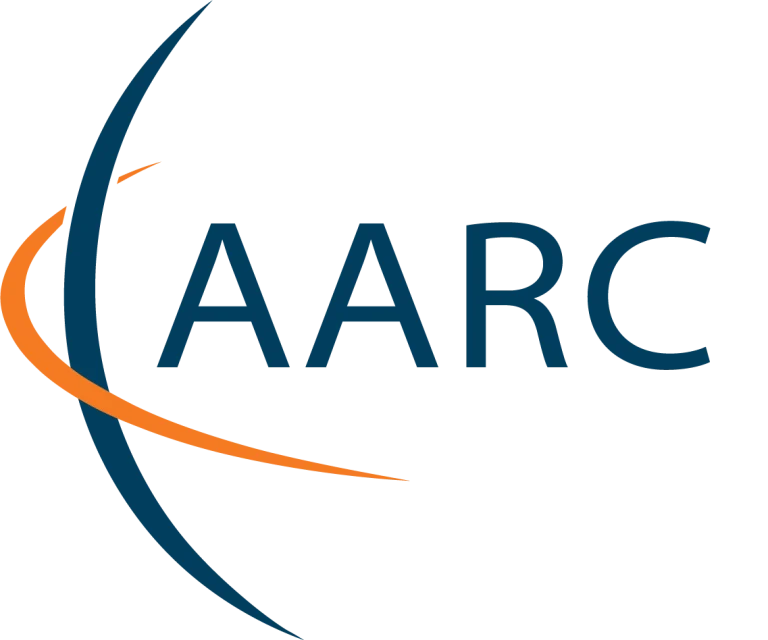The second Authentication and Authorisation for Research and Collaboration (AARC) project, now around three months into its two-year run, is building upon the foundations laid in the first AARC project by further developing policy, architecture and pilots work and by extending its training, outreach and dissemination activities. A new website and new engagement groups are significant elements in the renewed effort to bring federated identity and access to a wider audience.
To help research infrastructures, e-infrastructures, libraries and others who are seeking solutions for their federated access needs, AARC has restructured its website. The new structure guides visitors towards relevant policy, training and architecture materials and information about various technical pilots. This ‘shop window’ should make it easier for anyone looking for practical authentication and authorisation infrastructure (AAI) support to find what they need quickly and easily.
Any feedback on the website, content, or linked materials is welcome: aarc-contacts@lists.geant.org.
AARC2 is taking a more strategic approach to reaching out to the target research communities and infrastructure providers. To this effect, two new groups have been established:
 the Community Engagement Forum will help AARC to best support the authentication and authorisation needs of research communities by allowing communities to provide feedback on AARC developments in policies, architectures and technical pilots; alert AARC to new requirements; receive information about AARC developments and opportunities to participate in AARC pilots and training.
the Community Engagement Forum will help AARC to best support the authentication and authorisation needs of research communities by allowing communities to provide feedback on AARC developments in policies, architectures and technical pilots; alert AARC to new requirements; receive information about AARC developments and opportunities to participate in AARC pilots and training.
 the AARC Engagement Group for Infrastructures (AEGIS) will establish bi-directional channels between AARC2 and the infrastructures to advise each other on the developments and production integration aspects of the AARC results. The group will be composed by representatives of e-infrastructures and well-established research infrastructures as well as the AARC2 representatives.
the AARC Engagement Group for Infrastructures (AEGIS) will establish bi-directional channels between AARC2 and the infrastructures to advise each other on the developments and production integration aspects of the AARC results. The group will be composed by representatives of e-infrastructures and well-established research infrastructures as well as the AARC2 representatives.
More information about the AARC project, its activities, and the engagement groups and outputs is available on the AARC project website.


